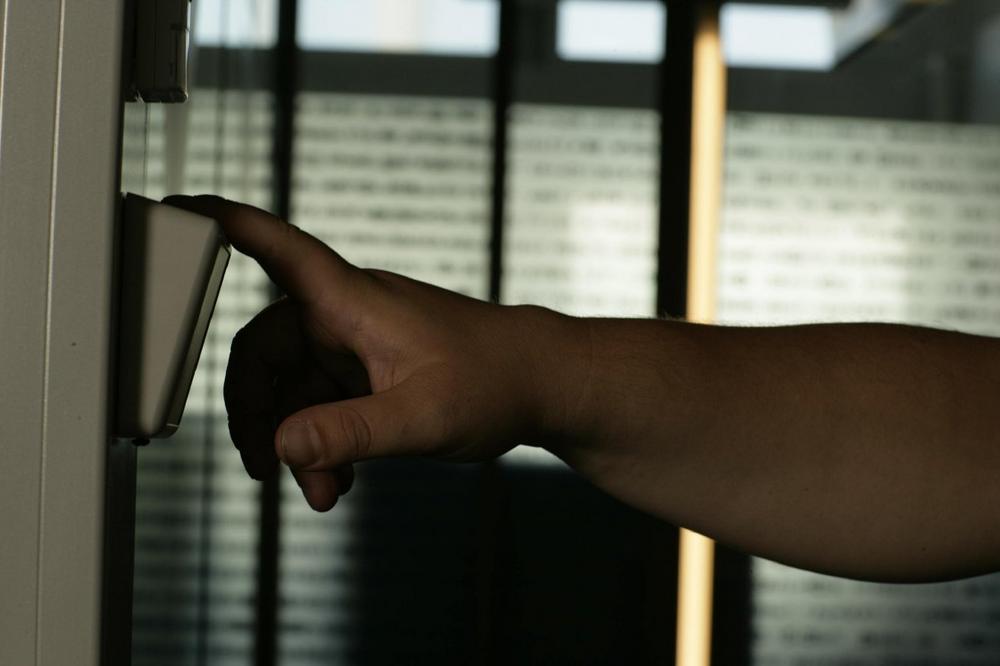The report, The Connected Home’s Next Wave, paints a picture of a maturing smart home market across the globe based on survey data from 11 different countries. Some of the report’s key findings include:
- Smart TVs are the connected home’s “killer app”: A full two thirds of homes, 67%, now have a TV that connects to the internet.
- Entertainment defined the first wave of the connected home revolution: Adoption of internet-ready TVs also led to mainstream acceptance of connected gaming consoles in 49% of homes, streaming devices in 34%, and smart sound systems/home theaters in 26%.
- Smart speakers lead the next connected home wave: Mass market voice-activated devices, like the Amazon Echo, didn’t exist six years ago. Now they’re in 30% of homes.
- Consumers want connected devices to play an increasing role in their lives: Functional devices — like smart locks, security systems, and home automation — are the only devices where a larger percentage of consumers intend to buy than currently own them.
- Early adopters drive mainstream adoption: These self-appointed tech authorities own smart TVs, 81%, and internet streaming devices, 47%. They also already have voice assistants, 49%, smart wearables, 47%, and home monitoring devices, 26%.
- The customers most excited about the connected home worry most about the risks: 60% worry about smart home devices being hacked. That rises to 75% for early adopters.
Extensive F-Secure surveys conducted over several years find that today’s early adopters don’t fit the stereotype of a single male with thick glasses and spare time to fill with the latest hardware. They tend to be married millennials in their 30s with college degrees, young children, and a passion for filling their new homes with internet-connected devices of all sorts. As they discover useful devices, they enjoy sharing their insights and know-how with loved ones.
“Early adopters — and the consumers who follow them — want to seize the benefits of automating their homes with connected devices, yet they don’t want to sell out their own security and privacy to do it,” said Kristian Järnefelt, Executive Vice President, Consumer Security at F-Secure.
The vast majority of consumers, 80%, and early adopters, 79%, think smart home device manufacturers are not doing enough to ensure online security and privacy. This feeling nearly matches the 76% of consumers that feel they could easily become a victim of smart home crime.
“Consumers need help securing their connected homes,” Järnefelt said. “Having a secure home network where all the devices are protected through one app is about more than peace of mind. It’s about using time effectively and having the freedom to try out new devices without constantly having to calculate the risks.”
The full report is available on F-Secure’s blog.
*Source: F-Secure Survey, April 2020, 11 countries (USA, Japan, UK, France, Germany, the Netherlands, Italy, Sweden, Brazil, Mexico, South Africa), 400 respondents per country = 4400 respondents (+25years)
About F-Secure
Nobody has better visibility into real-life cyber attacks than F-Secure. We’re closing the gap between detection and response, utilizing the unmatched threat intelligence of hundreds of our industry’s best technical consultants, millions of devices running our award-winning software, and ceaseless innovations in artificial intelligence. Top banks, airlines, and enterprises trust our commitment to beating the world’s most potent threats. Together with our network of the top channel partners and over 200 service providers, we’re on a mission to make sure everyone has the enterprise-grade cyber security we all need.
Founded in 1988, F-Secure is listed on the NASDAQ OMX Helsinki Ltd.
f-secure.com | twitter.com/fsecure | linkedin.com/f-secure
F-Secure GmbH
Kistlerhofstraße 172c
81379 München
Telefon: +49 (89) 787467-00
Telefax: +49 (89) 78746799
http://www.f-secure.de
Global Director, Corp Comms
Telefon: +49 (89) 787467-22
Fax: +49 (89) 787467-99
E-Mail: sandra.proske@f-secure.com
![]()
